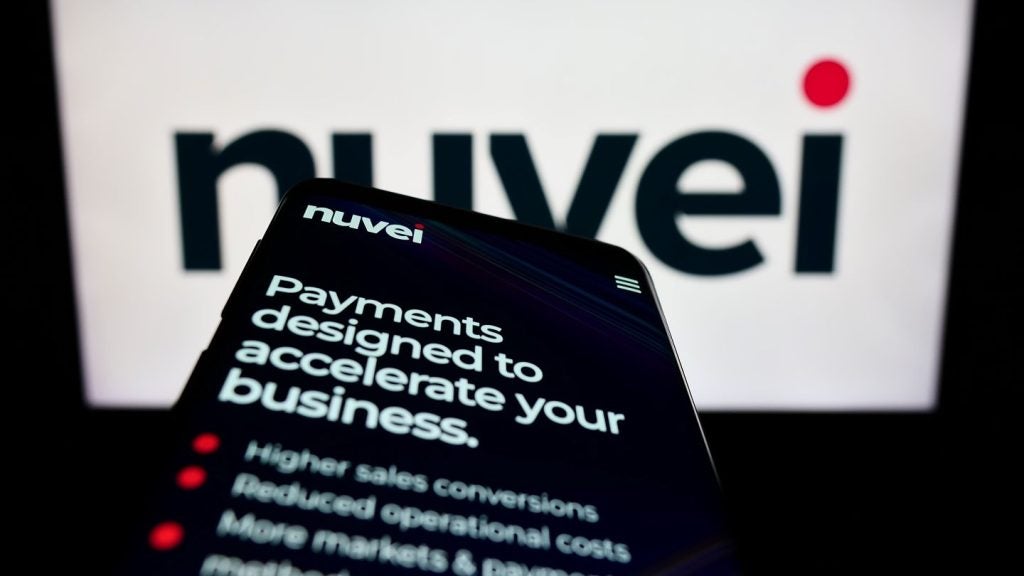Many would be aware of the rise in popularity of cryptocurrencies, highlighted by the dramatic increase in the value of Bitcoin from less than $200 in January 2013 to more than $1,100 in December 2013, and subsequent fall (around $270 at the time of writing). This volatility relative to traditional currencies has garnered interest from speculators, but also raised concerns about the stability of the currency as a store of value and medium of exchange.
Besides its volatility, one of the most inter¬esting aspects of Bitcoin and similar currencies (e.g. Dogecoin and Litecoin) is the use of peer-to-peer (‘P2P’) technology and a decentralised, international public ledger (aka blockchain) to record transactions made using the relevant currency.

Access deeper industry intelligence
Experience unmatched clarity with a single platform that combines unique data, AI, and human expertise.
Rather than a bank, the existence of the currency being spent and transfers of value are verified by peers on the network called ‘miners’ who are rewarded for this work with newly created cryptocurrency upon the verification of a block of transactions. It does not require users of the system to place their trust in any central authority to process or verify transactions.
This is in contrast to traditional currencies which use a central bank to control the issue of currency, supervise banks and maintain prudential standards.
Much has been written about the financial regulatory aspects of these currencies, including their treatment under securities and taxation laws, their status in the regulation of currencies and foreign exchange, and potential for facilitating money laundering. Less has been considered about the legal effects that blockchain technology may have on contract law and data protection.
For contracts, increasingly sophisticated mechanisms are being developed to enable cryptocurrency funds to be held in escrow and released upon the agreement of two of the three parties to the arrangement. There is also the ability for users to program conditional contracts which automatically release funds upon the satisfaction of condi-tions verified from a separate data set (e.g. a news agency’s website reporting rain on a particular day in London).

US Tariffs are shifting - will you react or anticipate?
Don’t let policy changes catch you off guard. Stay proactive with real-time data and expert analysis.
By GlobalDataIn this respect, these contracts are said to be self-enforcing because completion of payment obligations occur automatically. It may even be possible to program a document which transfers funds to a beneficiary upon the publication of the death notice of the testator, without the need for the bequest undergoing probate.
Complications
Bioinformatics technologies, as simple as data uploaded from a wearable fitness device such as FitBit to the most complex monitoring, could even allow financial transactions to be triggered by a particular state of biological data or resulting analysis. ‘Big Data’ analysis could even see more general events or trends be used as parameters for such cryptocontracts.
Unlike traditional banking services, these transactions are generally irreversible. That is, once the money has been released, it is impossible to get back. T his has major implications where parties to the transaction may be anonymous, are outside the jurisdiction, have no tangible assets to enforce against even if a claim could be brought, or dispute the underlying factual basis which triggered the transaction.
There is, however, the ability to build in mediation or arbitration capabilities using a similar mechanism to escrow, whereby a proportion of funds may be held post-completion, only to be released at a later date if there is no claim or the appointed arbitrator decides in favour of a particular party.
Similarly, there are even forms of blockchain enterprises with articles of association under which anonymous members contribute funds and decide how to apply those funds for the benefit of those members. No underlying legal entity need be incorporated under the laws of any country or have a physical address to open a bank account for the purposes of doing business online, as cryptocurrencies have no such legal requirements.
The nature of these arrangements could mean that computer programming skills one day become an essential skill in contract drafting, given that the authoritative document for the transaction will in effect be the code of the relevant program, unless the program contains a dispute resolution mechanism allowing an arbitrator to interpret some separate document as evidencing the intention of the parties.
Given that blockchain contracts are generally irreversible, this may mean that existing consumer protection laws will be ineffective to prevent the enforcement of onerous (or even misrepresented) cryptocontracts which a party did not understand the effect of, or even read.
EU response
Blockchain technology is also helping raise the standard of cybersecurity. The European Union is at the moment particularly interested in agreeing measures to provide for a common level of network and information security among Member States, with the terms of a proposed Directive currently being negotiated.
New approaches such as Keyless Signature Infrastructure use a blockchain and independent, distributed verification participants to determine time (when a document was signed), integrity (that the document has not changed), and order (what documents were signed in which order). Importantly to data security and integrity, the system is based on one-way cryptography that results in hash values uniquely representing the information but which are incapable of being reverse engineered.
This technology represents a revolutionary tool for integrity and accountability without sacrificing the confidentiality of the data itself or privacy of parties to the communication. It remains to be seen how this technology develops and whether it will one day become the norm for complying with the data protection laws of the future.
It is clear that the blockchain is here to stay and likely to grow in importance to online transactions, creating new opportunities and turning traditional e-commerce on its head. Businesses will need to understand this new environment and the legal issues that are relevant to their operations, or risk getting left behind by the new paradigm.







